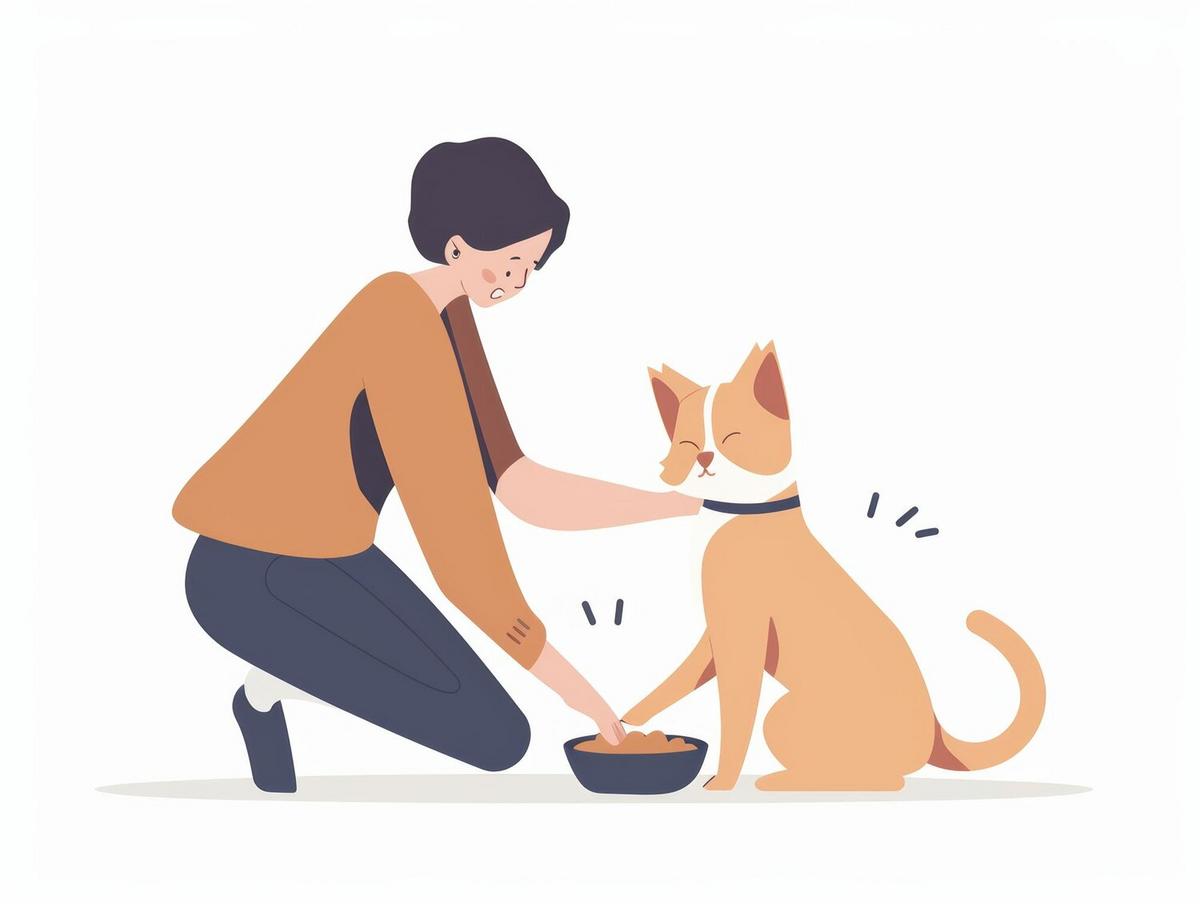
Common Dietary Mistakes Pet Owners Make
Navigating the complex landscape of pet nutrition can be challenging for even the most well-meaning pet owners. With an abundance of information available, it’s easy to stumble into dietary pitfalls that could affect your pet’s health.
Understanding the common dietary mistakes that pet owners make can help you avoid them and ensure your furry friend leads a healthy and happy life. This article explores these mistakes, backed by expert opinions and research findings, to guide you in making informed decisions about your pet’s diet.
Overfeeding: A Common Culprit
One of the most prevalent mistakes is overfeeding. According to the Association for Pet Obesity Prevention, an estimated 56% of dogs and 60% of cats in the U.S. are overweight or obese. This statistic underscores the importance of portion control and regular exercise.
Dr. Emily Walker, a renowned veterinarian, emphasizes that “overfeeding is often a result of not understanding the correct portion sizes for your pet’s specific needs.”
To avoid overfeeding, follow the feeding guidelines on pet food labels, and consult with your veterinarian to tailor the portions to your pet’s age, weight, and activity level.
Inappropriate Treats and Snacks
Many pet owners are unaware that certain human foods are not safe for pets. For example, chocolate, grapes, and onions can be toxic. Instead, opt for pet-safe treats and always check ingredient labels.
Neglecting Nutritional Balance
Pets require a balanced diet of proteins, fats, carbohydrates, vitamins, and minerals. A common mistake is relying solely on homemade meals without proper nutritional knowledge. While homemade diets can be beneficial, they must be well-balanced and often require supplements.
| Nutrient | Importance |
|---|---|
| Protein | Supports muscle growth and repair |
| Fat | Provides energy and supports cell function |
| Carbohydrates | Supply energy |
| Vitamins | Regulate body processes |
| Minerals | Support bone health and enzyme function |
Ignoring Hydration Needs
Hydration is often overlooked in pet diets. Ensure your pet has access to fresh water at all times, especially in hot weather or after exercise.
Frequently Asked Questions
How do I know if my pet is overweight?
Check with your veterinarian for a professional assessment. You can also perform a visual check by looking for a waist and feeling for ribs.
Can I feed my pet a vegetarian diet?
Cats are obligate carnivores and require meat. Dogs can survive on a vegetarian diet, but it requires careful planning to ensure nutritional adequacy.
Conclusion
By being aware of common dietary mistakes, you can make better choices for your pet’s nutrition. Remember to consult with your veterinarian for personalized advice and stay informed about your pet’s dietary needs. Taking these steps will help you provide a balanced and healthy diet, ensuring your pet’s well-being.


